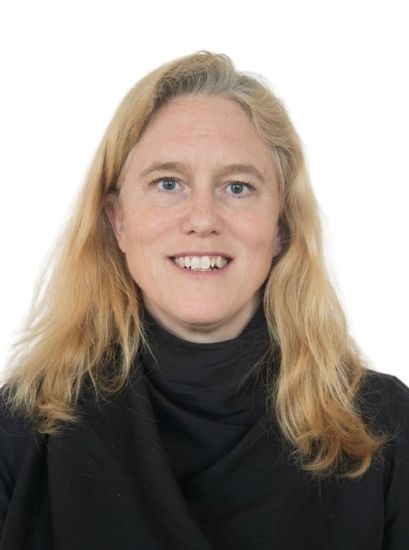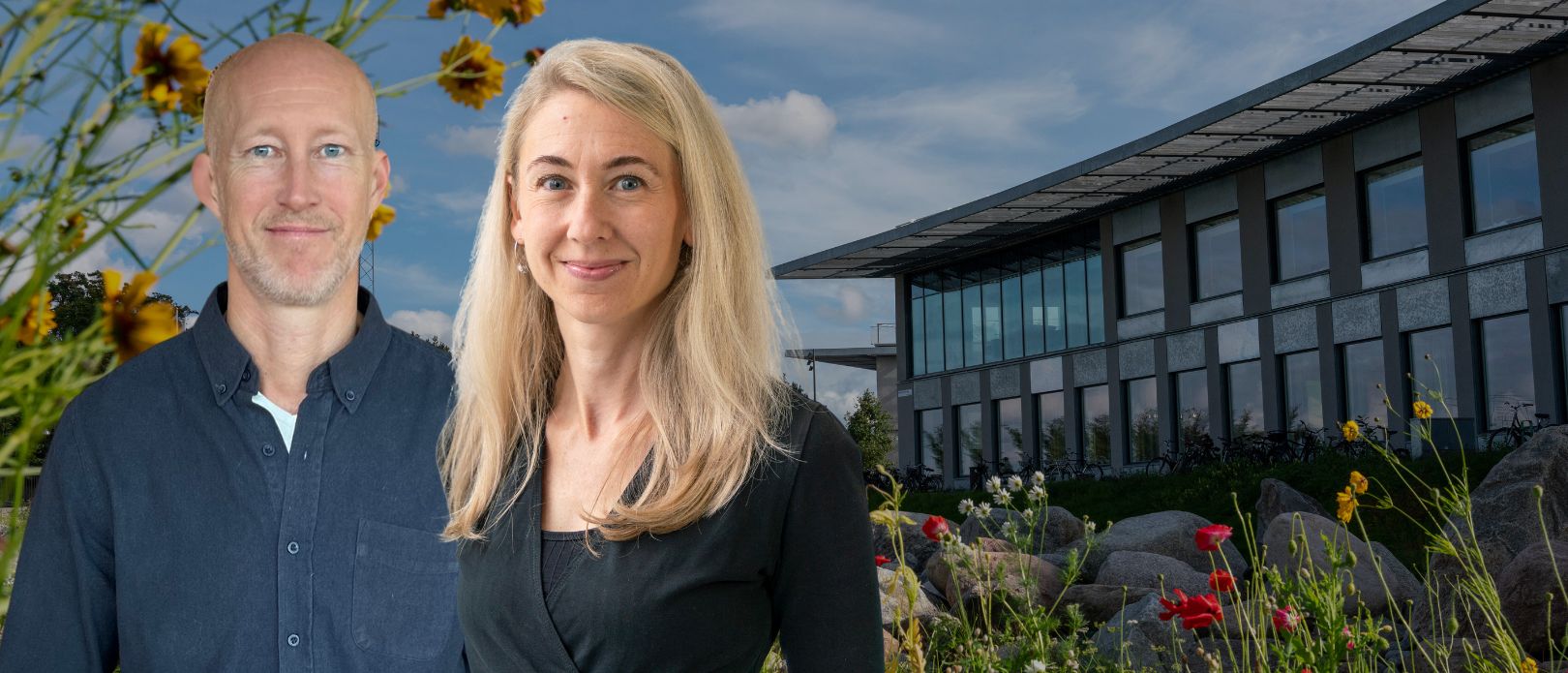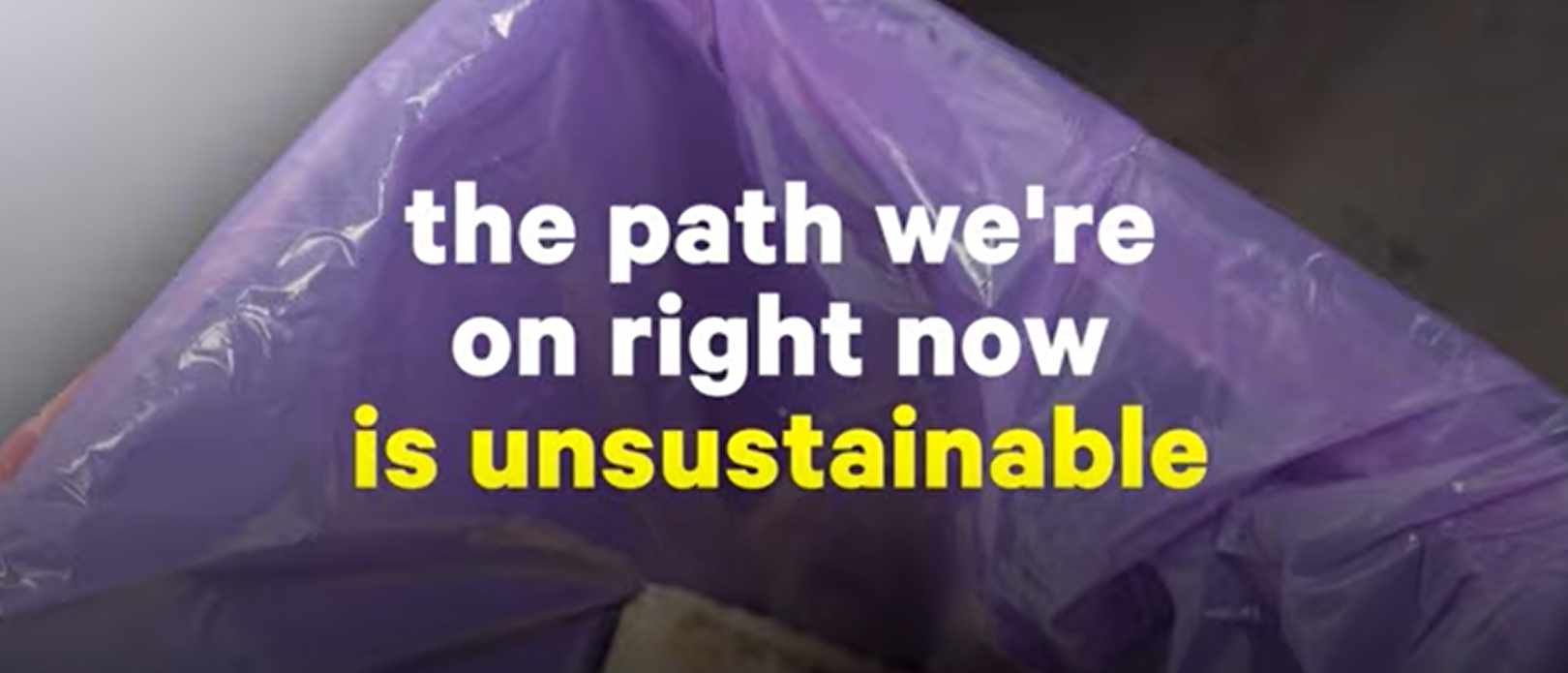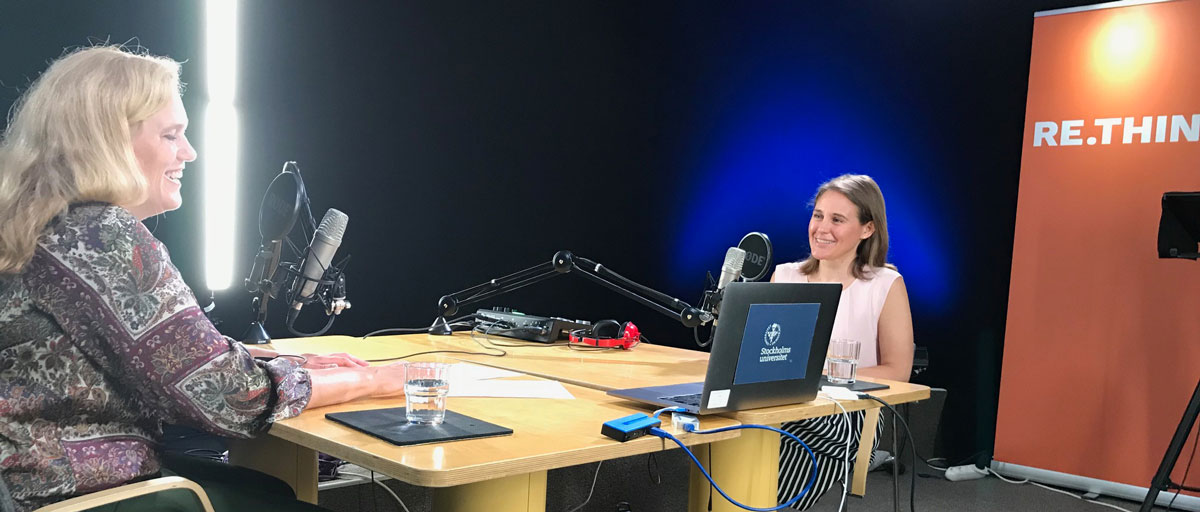Line
Gordon
PhD
Director, Curt Bergfors Professor in Sustainability Science
Coordinator to Line Gordon: astrid.auraldsson@su.se
+46 737078529
RSS-link
- Sustainable, healthy and just food systems
- Biosphere resilience
- Scenario planning
- Gastronomic landscapes
- Moisture recycling
- Local to global interactions
As the Director of Stockholm Resilience Centre, Line Gordon oversees the operational and strategic development of the organisation, while conducting transdisciplinary research on the role of food and water systems for Biosphere resilience.
As the Director of the Centre, Line Gordon provides the organizational and strategic leadership to develop the scientific direction, education, and engagement done at SRC. She has over 20 years of experience leading interdisciplinary teams in Sustainability Science. Her leadership focuses on investing in a collaborative, trust-based and creative working culture that enables us to achieve impact, while ensuring that scientific integrity underpins all our work.
Line Gordon's research focuses on water and food systems as key entry points to build Biosphere resilience and improve governance of social-ecological systems, livelihoods, and public health. Her research is problem-oriented, interdisciplinary, and highly collaborative. She often leads and contributes to collaborations that bridge disciplines and technical skills to advance scientific frontiers. Gordon's current research focuses primarily on the role of food system transformation for public and planetary health. This work includes leading the Just transformation working group of the EAT-Lancet 2.0 Commission, developing national Swedish food systems scenarios in the Mistra Food Futures programme, and working on gastronomic landscapes.
She has previously done research on livelihood resilience and ecosystem services in sub-Saharan Africa (Burkina Faso, Tanzania, South Africa, Senegal, and Ghana), and on the critical roles of “invisible water flows” across local to global scales, in particular highlighting how global land use change, and evaporation and precipitation interact.
Line Gordon has an undergraduate in biology. She got her PhD in 2003 in Natural Resources Management, Department of Systems Ecology, Stockholm University with a dissertation on “Land Use, Freshwater Flows and Ecosystem Services in an Era of Global Change”. She was a postdoctoral fellow at the International Water Management Institute (IWMI) in Colombo, Sri Lanka, working on the Comprehensive Assessment of Water Management in Agriculture. She has also been a visiting researcher at University of Kwa-Zulu Natal, South Africa, CIRAD in France, McGill University in Canada, and STIAS - the Stellenbosch Institute for Advanced Study in Stellenbosch, South Africa. She was appointed the Curt Bergfors Professor in Sustainability Science with a focus on food systems in 2021.
Line Gordon serves on many different boards and advisory boards, including The Food, Agriculture, Biodiversity, Land-Use and Energy (FABLE) Consortium Advisory Council (since 2022), Governing Board Centre for Sustainability Transitions (CST), Stellenbosch University (since 2021), Advisory Group to the Swedish Committee on food system research, Formas (2021), Vice Chair Board of the Stockholm University Centre for Circular Systems (SUCCeSS) (since 2020); Earth League steering committee (since 2020); Board of Trustees of EAT Foundation (since 2016), International Advisory Council of Global Resilience Partnership (since 2018), Prize Jurys of Stockholm Water Prize (since 2018) and the Food Planet Prize (since 2020); Scientific and Technical committee for the Culinary Institute of Americas Menus of Change (2018-2021); Advisor Ecosystem Services and Resilience Working Group of the CGIAR Water, Land and Ecosystems program (2012-2014); Scientific Program Committee for the Stockholm World Water Week (2009-2014); Swedish National Committee for IGBP and WCRP hosted by the Royal Academy of Sciences (2004-2006).
Awards and achievements
- Award from Stiftelsen Kung Carl XVI Gustafs 50-års fond for my PhD-thesis (The Swedish King annually reward PhD-theses within the field of the environment), 2004
- The Outstanding Young Person Award, Osaka Junior Chamber, Japan, 2000
Supervision
PhD | Main supervisor | |
PhD | Main supervisor | |
PhD | Co-supervisor | |
Postdoc | Main supervisor | |
Postdoc | Main supervisor |
Previous PhD students: Elin Enfors (2004-2009), Rebecka Malinga (2016), Patrick Keys (2016), Hanna Sinare (2016), Lan Wang-Erlandsson (2017)







